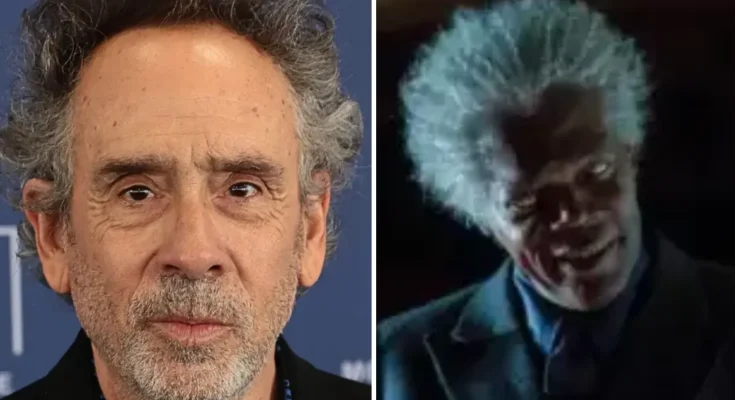Director Tim Burton gained fame through the production of dark tale films such as Edward Scissorhands and The Nightmare Before Christmas.
His films continue to receive repeated criticism because of a diversity deficit which has become particularly relevant with the release of Beetlejuice Beetlejuice.
Since the beginning of Burton’s career people have been questioning his directorial decision-making regarding casting characters.
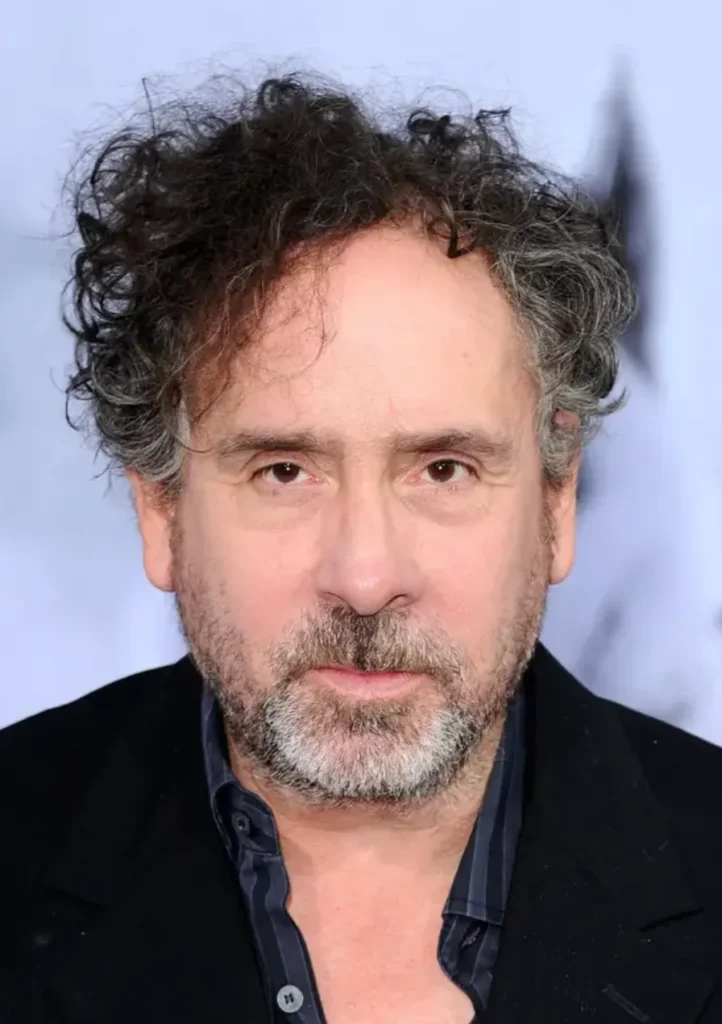
Multiple audiences including fans and critics throughout time have continued to notice the predominantly white actor composition in all his films that generates persistent discussions about diversity in film.
Burton resolved this matter when he gave an interview to Bustle in 2016.
Formation of his artistic vision according to race is not a factor for him as “things either call for things or they don’t” in today’s world.
During the interview Burton described his negative reaction to forced diversity he encountered as a child watching television.
“I remember back when I was a child watching The Brady Bunch, and they started to get all politically correct,” Burton stated.
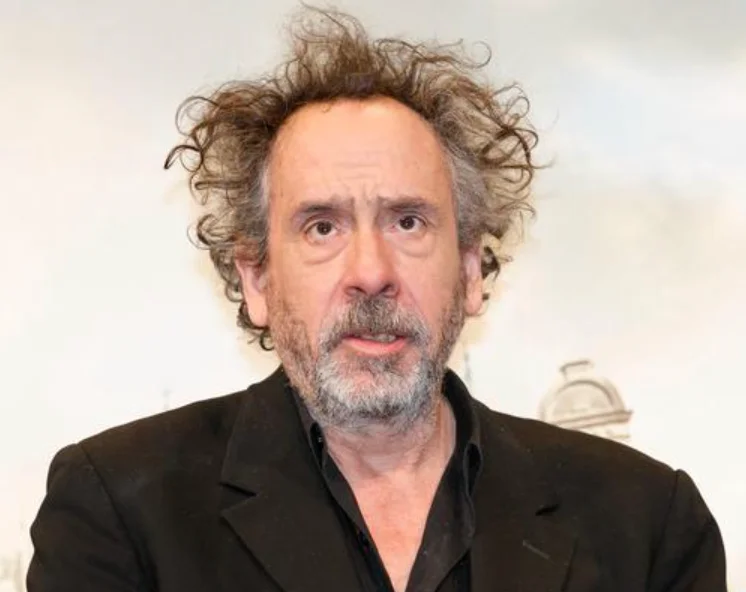
The writer expressed their approval for mixing races by proposing an Asian and Black child combination. The forced introduction of Black and Asian characters in television shows at that time caused me more frustration than other things in my life did.
Throughout my childhood I watched a lot of blaxploitation films. And I said that’s great. Watching blacksploitation movies was great to me because more white characters never entered my thoughts.
His statement produced no effect on those who were critical of him.
During the creation of The Nightmare Before Christmas Caroline Thompson expressed doubts about how Oogie Boogie was portrayed in the story.
Thompson claimed that the name “Oogie Boogie” was a racial slur used in the American South.
I persistently requested authority figures to alter some aspect of that character but my demand fell on deaf ears. The fight for change resulted in her defeat she confessed.
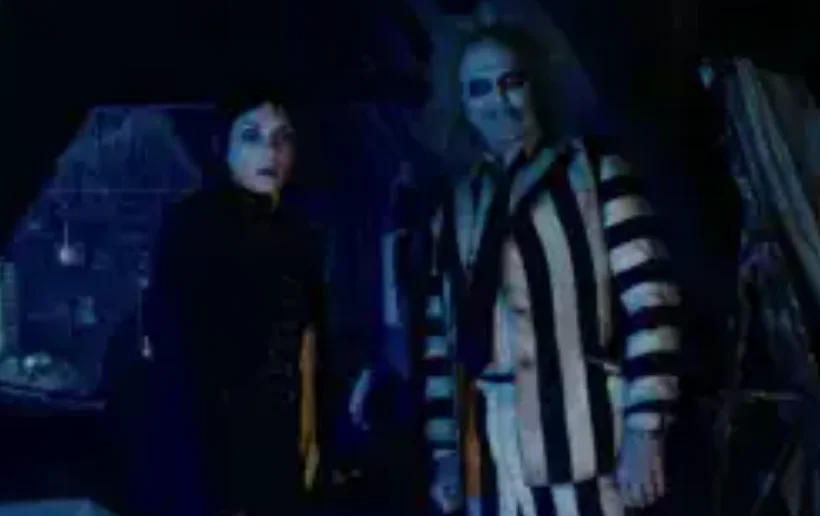
Oogie Boogie’s unaltered design in Burton’s film resulted in his creation as a noteworthy figure throughout Burton’s cinematic achievements.
In 2016 Burton took his first move toward inclusion through his casting of Samuel L. Jackson as villain Barron for Miss Peregrine’s Home for Peculiar Children.
Jackson himself was asked about Burton’s lack of diversity, to which he responded, “I had to go back in my head and go, how many Black characters have been in Tim Burton movies?”
The occurrence took shape through its natural progression even though I was initially the first one. The way this story unfolded does not stem from either his storytelling methods or his storytelling choices because storytelling is a matter of chronology.
Burton encountered continuous criticism for his participation in the Netflix production Wednesday in the current era.
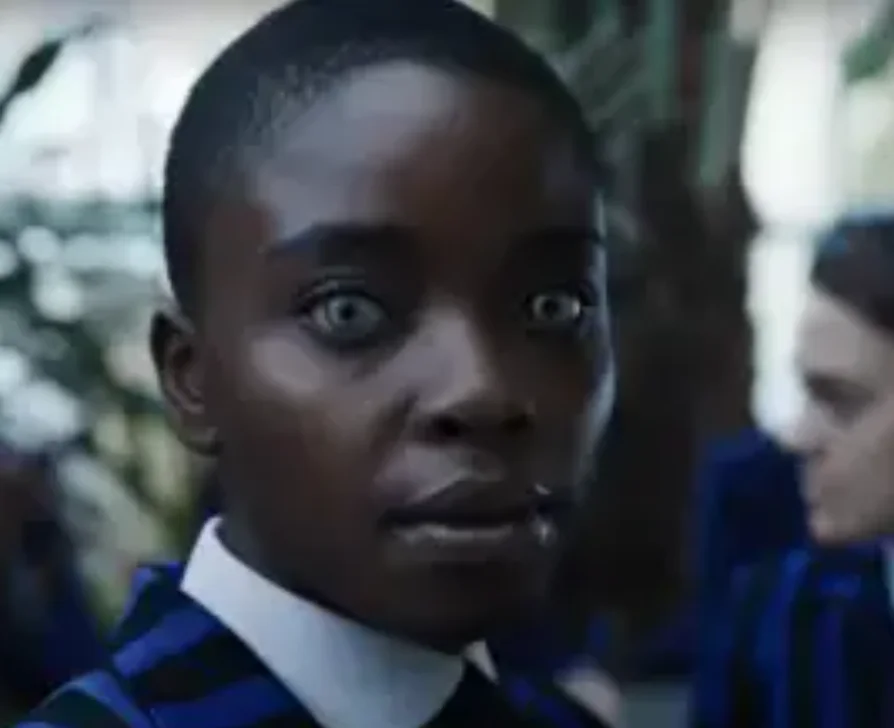
Armchair critics viewed Black characters in the show as villains which viewers strongly disapproved.
Bianca Barclay (Joy Sunday) marked the television debut of a mean girl and Lucas Walker (Iman Marson) appeared as a bullying son of an unscrupulous mayor in the same production.
A fan of the series wondered on Twitter why Wednesday’s show features exclusively hateful Black characters. Or did I miss something?”
Viewers enjoyed the Wednesday show but noticed why were the Black actors presented in low lighting throughout the series.
Some fans supported Burton by stating Bianca Barclay possessed equal levels of attractiveness and popularity in the academy.
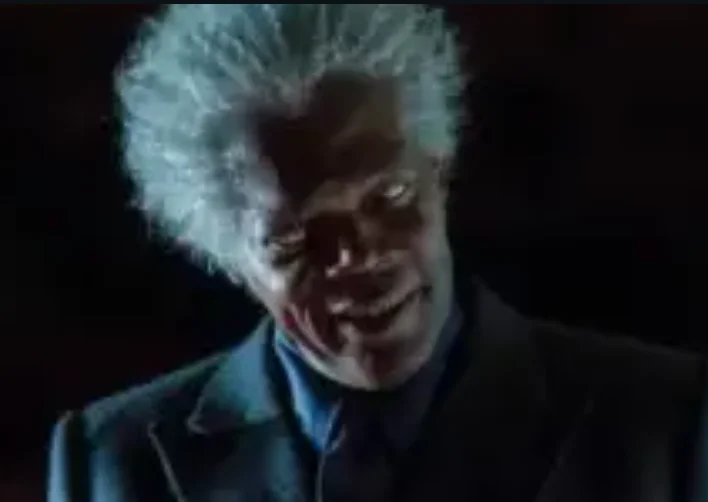
Performances in the newly released Beetlejuice Beetlejuice have rekindled discussions regarding Burton’s portrayal of Black actors.
A particular scene in the film has stirred controversy on social media, with many calling it “racist” and “disingenuous.”
The sequence in question features Astrid Deetz (Jenna Ortega) being sent to the afterlife via the “Soul Train”—a direct reference to the 1970s television show Soul Train, which celebrated Black culture through music and dance.
Many spectators found the tribute segment strange although it was intended to provide appreciation.
“The only time Black people are in the movie is for a Soul Train joke,” one TikTok user pointed out.
Another added, “During those scenes, I felt like it was weirdly disjointed and weirdly shoehorned into the story.”
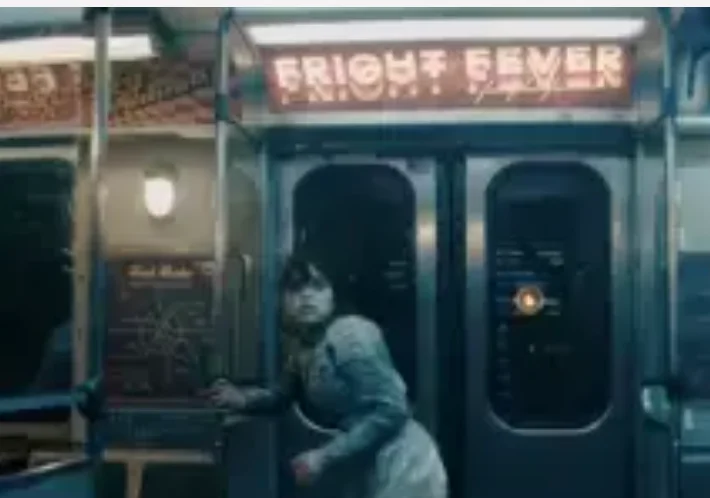
Many viewers perceived Burton’s representation as artificial rather than natural due to the negative reaction this scene received.
One critic summed it up by saying, “This whole scene felt like Tim Burton saying, ‘Here, damn!’”
Despite the uproar, some fans praised the scene, with one defending it by saying, “I actually felt a piece of amazing Black culture come from the Soul Train scene.”
Several people commented that the moment was completely innocent since the criticism stretched past all reasonable limits. This scene stood as one of the most excellent moments in my opinion.
Beetlejuice Beetlejuice fans have not received any response from Burton regarding the rising criticism of this project.
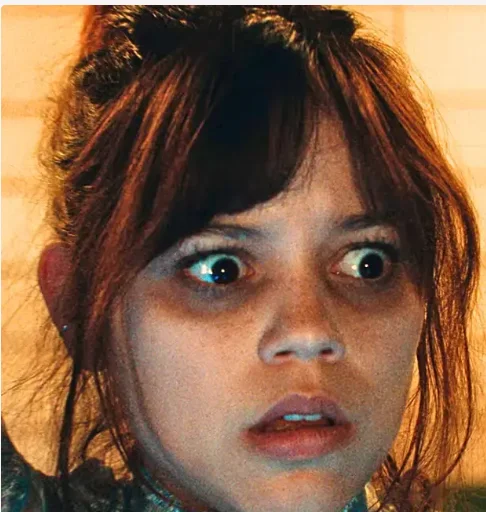
Criticism from this incident has restarted the industry debate about representation in movies while also questioning director responsibilities for film diversity.
Tim Burton’s artistic profile appears to dominate his storytelling approach which leads audiences to wonder whether he will adapt his methods or stick to his existing creative inclinations.
Feature Image Credit: (Warner Bros. Studio)
